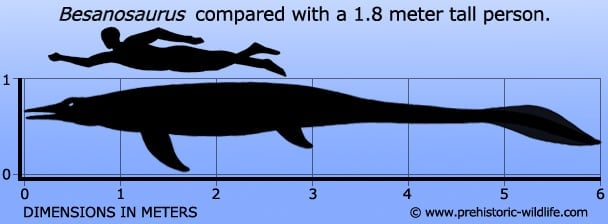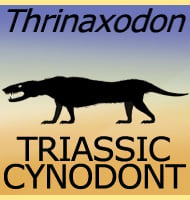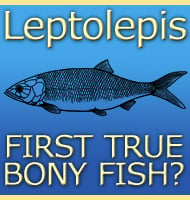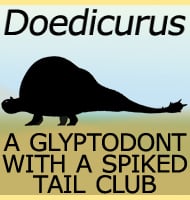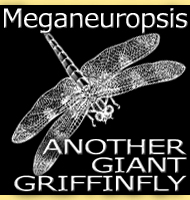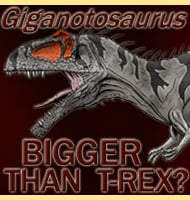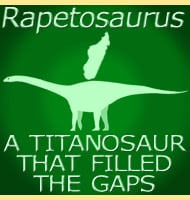In Depth
Besanosaurus was a primitive icthyosaur that lacked a dorsal fin and had a more eel-like tail rather than the fish-like tail seen in later more advanced genera. The jaws were long and thin, filled with small conical teeth for trapping marine organisms. The eyes that were around twenty centimetres in diameter may have been a deep water adaptation for seeing and hunting in the black of deep water. In fact, other shastasaurid ichthyosaurs are all envisioned as being relatively slow (at least when compared to more advanced ichthyosaurs) hunters of deep water cephalopods that descend to the gloom to hide from other predators that can only see well in light conditions. The presence of four unborn embryos inside the type specimen of Besanosaurus not only indicates it was a female, but that at least some genera of ichthyosaurs were capable of giving birth to a few young.
At six meters in length you might think that Besanosaurus was big, but in reality this was less than a third of the length of its giant relative Shastasaurus.
Further Reading
– Besanosaurus leptorhynchus n. gen. n. sp., a new shastasaurid ichthyosaur from the Middle Triassic of Besano (Lombardy, N. Italy). – Paleontologia Lombarda, Nuova serie, v. 4, p. 1-23. – C. Dal Sasso & G. Pinna – 1996.
